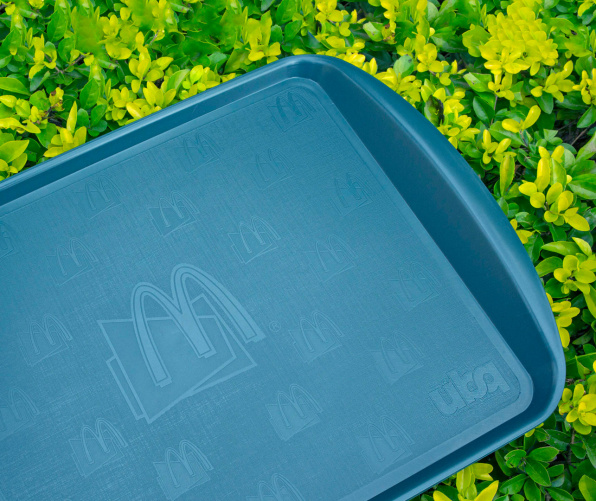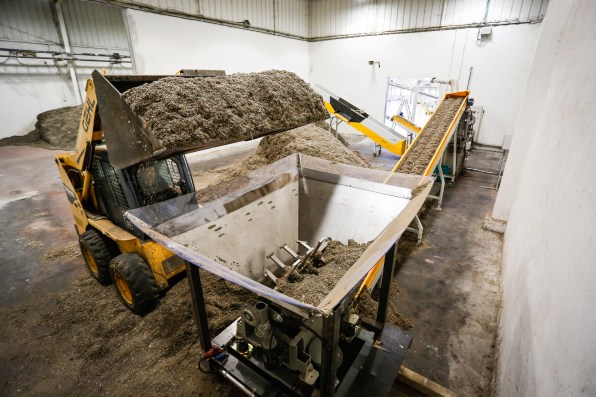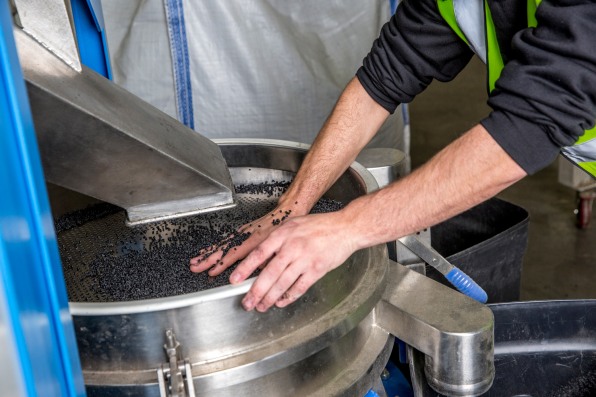These McDonald’s trays are built from food stuff squander
Arcos Dorados, the largest unbiased McDonald’s franchise in the globe, which operates stores all over Latin The usa and the Caribbean, is rolling out countless numbers of trays manufactured from the product as it is effective to shrink its use of virgin plastic. The materials, referred to as UBQ, is exceptional in that it’s recycled from a mix of products.
“UBQ’s method begins with unsorted household squander destined for landfills—banana peels, rooster bones, and other food leftovers cardboard and paper diapers and mixed plastics—everything moreover glass and metallic, which we remove and deliver out to recycle,” claims Albert Douer, executive chairman of UBQ Resources, the Israel-centered firm that provides the materials.

By trying to keep trash out of landfills, the place meals squander, in unique, emits potent greenhouse gases as it rots, the content has a “climate positive” footprint, that means it will help prevent much more emissions than it triggers. Ideally, of training course, the globe requirements to toss out a lot less trash, and products have the highest price when they are recycled independently. But the new technologies can aid in the imperfect recycling program that exists now.

“Even in spots in the earth with extremely subtle recycling infrastructures, in excess of 80% of squander is considered unrecyclable owing to inefficient sorting, meals contamination, humidity, and complicated multilayered content stop-solutions,” suggests UBQ cofounder and CEO Jack “Tato” Bigio. “UBQ complements current recycling initiatives and can take all of the residual waste that is en route to landfill or incineration, as a substitute upcycling it into a novel uncooked product for the producing sector. By positioning our technology at the finish of the squander existence cycle, we are closing the loop of materials reuse and enabling a truly round financial system.”

For the McDonald’s franchise, the change is aspect of a much larger work to decrease equally single-use and virgin plastic. “We commenced our plastic reduction software in 2018,” suggests Gabriel Serber, director of sustainable improvement and social impact at Arcos Dorados. “In that 12 months, we eradicated 600 tons of plastics. In 2019, we removed one more 700 tons of plastics. The great matter about the method is that these plastics will never return to our places to eat. This is a lasting plan, so the impact is exponential.”
The company has rolled out extra than 7,000 of the trays in its Brazilian eating places, with hundreds far more in generation, and programs to develop the use all over the place. When the reusable trays ultimately dress in out, they can be recycled by traditional recycling infrastructure.





